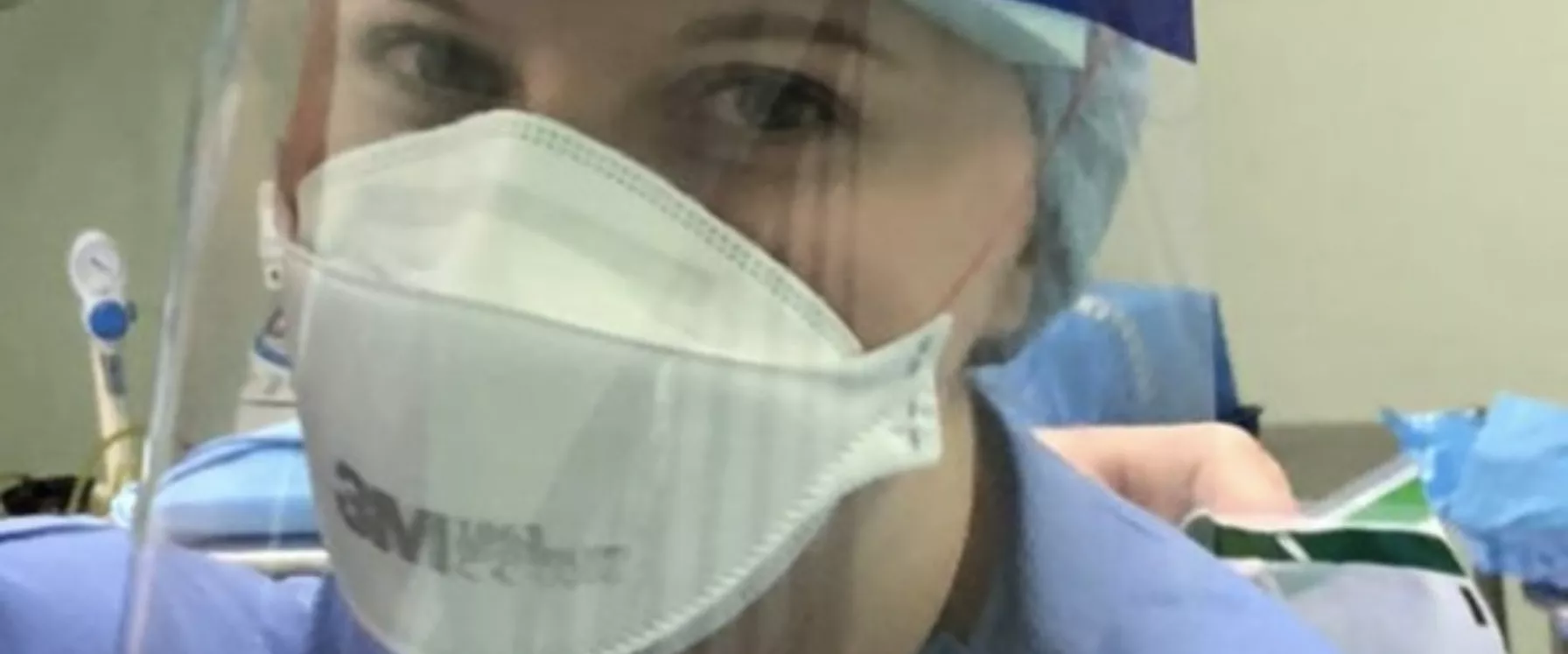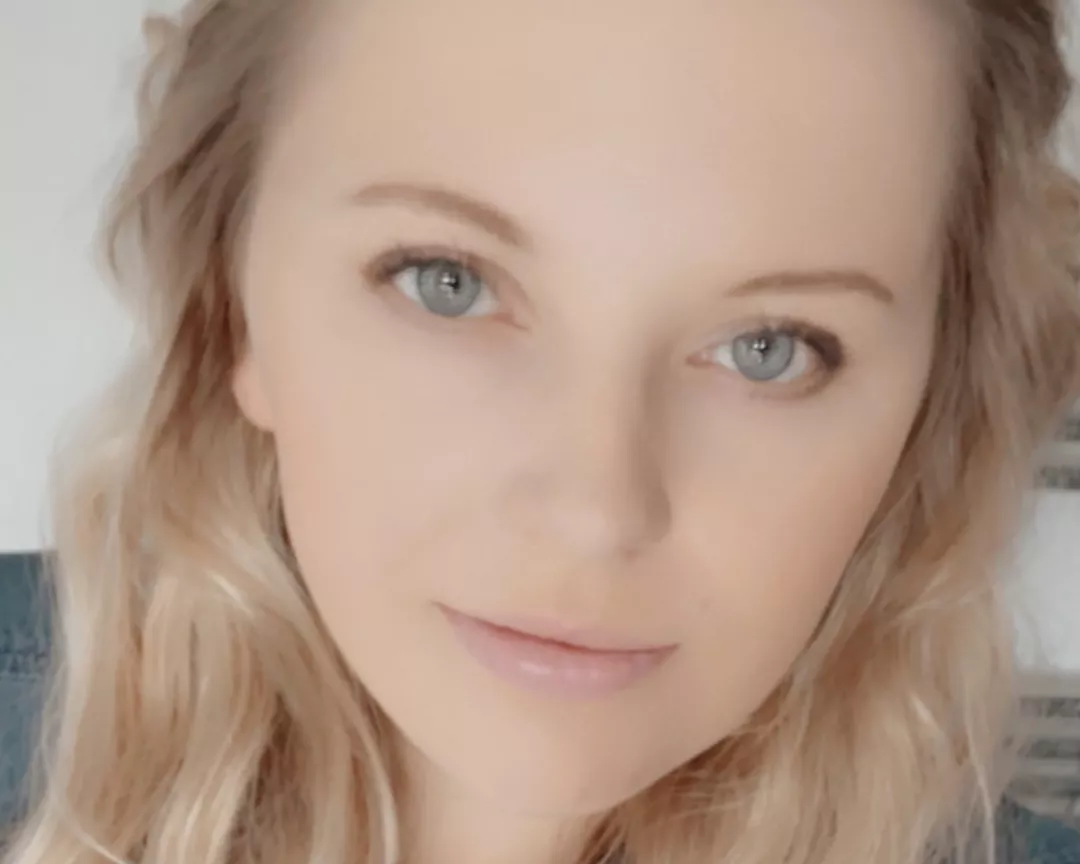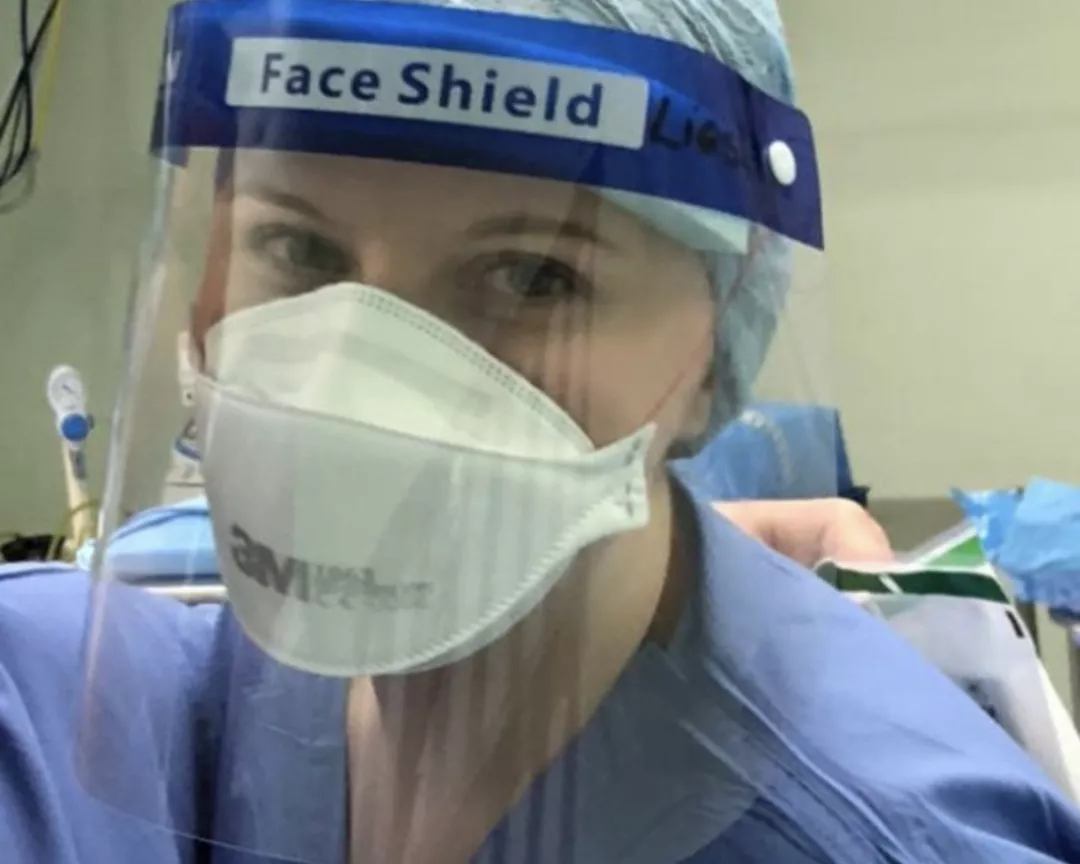Liesl may only have half a working heart, but she hasn’t let that stop her. In fact, it inspired her to help others like her.
When Liesl’s mum attended a routine check 20 weeks into her pregnancy, the doctors knew there was something wrong. The scan showed a problem with the left side of Liesl’s heart, and the doctors were concerned that Liesl’s heart would not be able to pump blood to the rest of her body – a congenital heart defect also known as hypo plastic left heart syndrome.
Despite the worrying news, Liesl’s family had options. At just two days old, and then again at three years old, Liesl had a series of surgeries to her heart to correct its blood flow, called the Fontan procedure. At the time, this was an uncommon, experimental procedure, but it helped Liesl get through early childhood despite her body not receiving oxygen-rich blood as normal.
Despite Liesl’s challenges she remains thankful.
“The Fontan procedure isn’t available to all children. Some get to an age and find out the doctors can’t help them further. It’s just the case of your condition, if they can help you or not.”
Now 23, Liesl has learned to make the most of life with her hidden disability and its complications, although she is still limited in how active she can be. She has regular follow-up visits with her cardiologist to monitor her progress, but her condition also contributes to liver problems. The need for a liver transplant is yet another challenge she faces.
However, it was Liesl’s experience with frequent hospital visits that inspired her career in healthcare to help people. After achieving a first class honours in Operating Department Practice, Liesl is now qualified as a theatre practitioner, where she works in the operating theatre alongside surgeons, anaesthetists and other healthcare professionals, with the ambition to one day become a Surgical Care Practitioner.
Her new career finds her standing for long hours each day, on shift, so Liesl has to push herself to her physical limits. But the joy and fascination she finds in her work makes it all worthwhile. And it gives her a new appreciation for medical research.
“Procedures for congenital heart disease have changed since I was small. Doctors can do several different operations for people with the same problem, so it’s vital to research new ways of surgery."
How is HRI helping?
The Clinical Research Group is working on several exciting projects that will help to transform – and save – the lives of people with congenital heart disease (CHD).
With the Congenital Heart Alliance of Australia and New Zealand (CHAANZ), the Group is creating a CHD register to maximise the quality of life for CHD patients by providing the best of care for their life journey, by identifying deadly gaps in the healthcare system. This will be the largest compiled database on CHD in the world and the only resource of its type in Australia.
The Group is also conducting the world’s first randomised controlled study into the benefits of exercise for people with CHD. This information will then be used to develop guidance that can be rolled out across all corners of Australia via hospitals and telehealth services – including to remote areas and Indigenous populations that are at higher risk of cardiovascular disease.



